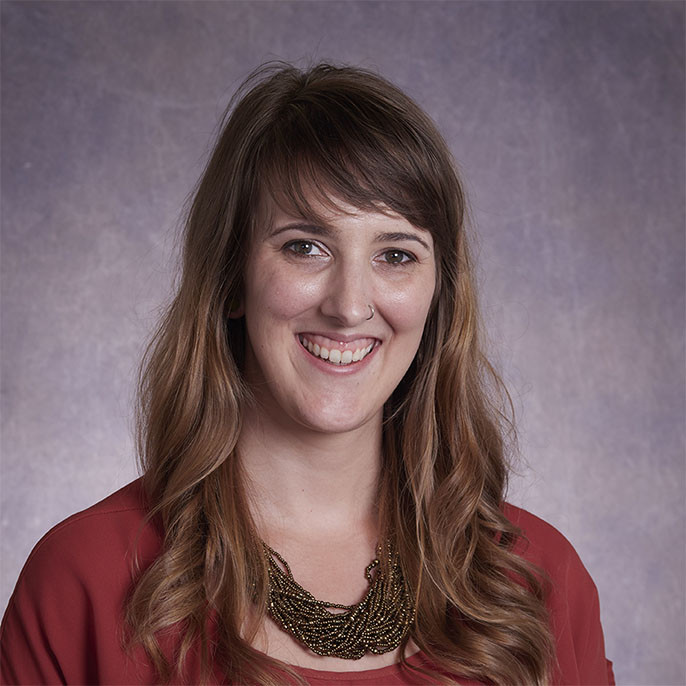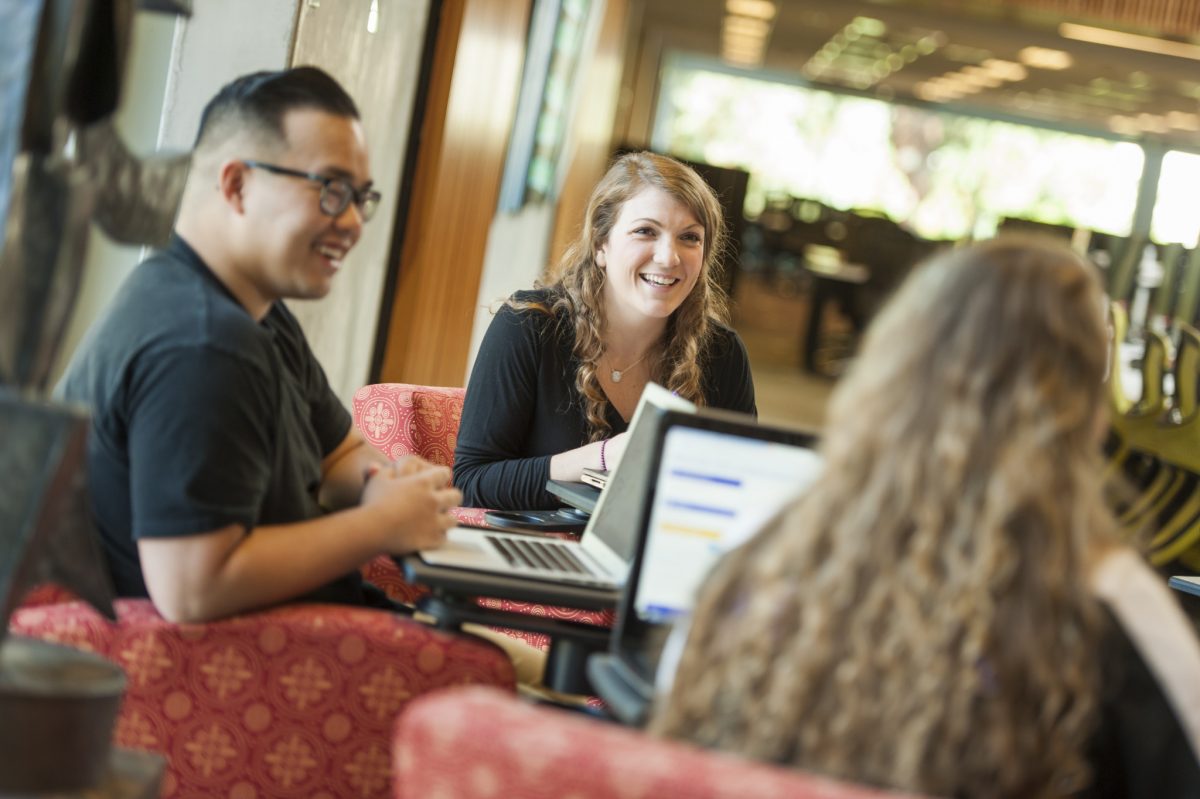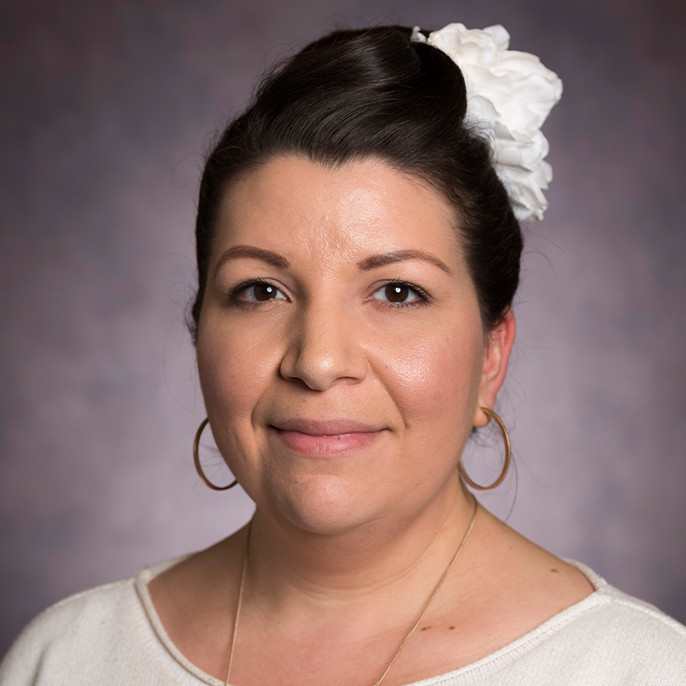Learning by doing. Now doesn’t that sound like fun?
Each student has unique interests, strengths, and skills, so there is no “one size fits all” formula for gaining applied experience in and outside the classroom. Experiential learning can take many forms: undergraduate research, studies abroad, community engagement, clinicals, practicums, or internships.
In an internship, students apply classroom theories to real world workplace settings under the guidance of an experienced supervisor. Particularly during the uncertainty of COVID, many students are feeling nervous about the internship search process. Assure them that it still is possible to find or create a quality internship experience — even if it is virtual!
Whether your student is looking to complete an internship independently or earn academic credit, here are five tips for parents to help them along the journey.

1. Empower students to be okay with exploring.
There certainly are students who know exactly the type of internship they want to go after. However, the far more common experience is for students to have a rough sense of what they’re good at and interested in, but not be sure what careers exist that complements both their skills and passions. Internships are designed to be temporary, an 8–12 week “test run” where interns get to explore one organization to see if that role or field aligns with their skills, values, and interests. If they thrive in their internship? Great! If they don’t love their position or company, it’s better to know now and try something else next time!
Remind your student that they’ll develop transferable skills regardless of their specific tasks and projects. When talking about finding an internship, please help frame it as one exploratory step in their career education process, and not a lifelong commitment to said organization.
2. Mentor, don’t manage, their internship search.
You have likely applied for jobs. Help your student set realistic expectations and understand the realities of job searching. Coach them through making connections, pursuing multiple possibilities, and following up on introductions and leads. However, let them take the initiative. Students are learning lifelong job search skills by being active participants in this process. Encourage them to use Career Center handouts and resources.

3. Remind them to start early!
There are virtual employer events** happening at UP this fall semester, and virtual opportunities via Handshake. If your student starts thinking about internships this early on in the year, then they will have time to do industry research and conduct informational interviews without looming pressure and the time crunch of summer nearing. Help them plan ahead and encourage them to meet with the Career Center for support. (By early, I also mean that first-year students and sophomores can benefit from a summer internship!)
4. Encourage innovation and creativity!
Many UP students have had success creating an internship with an existing contact, or via direct outreach to an organization of interest. Especially with COVID challenges, it is important for students to think outside the box, demonstrating initiative, entrepreneurship, and resilience!

5. Provide support throughout the process.
Finding an internship certainly is a process that can often take months and feel discouraging. Your consistent support will help your student build resilience and keep at it when they’re feeling frustrated or unqualified. Affirm who you know them to be, regardless of what they do next semester or next summer.
After a lot of dedication and hard work, your student will finally get that sweet offer letter, and the fun and learning will just be getting started! For some internship inspiration, check out our Intern Stories page to see how a variety of UP students spent their summer and what they learned.
**Fall 2020 Career Center Virtual Events:
UP Internship & Job Expo: This event is for current students and 2020 graduates in business, marketing, finance, operations and technology management, social sciences, and humanities
- Monday, October 26, 12—3 p.m.
SHPE STEM Career Expo: This event was for current students and 2020 graduates in STEM majors, and although this opportunity has already passed, we wanted to let our families know what types of recruiting events are generally available to students. More will be announced for the spring semester!
- Monday, October 19, 4—7 p.m. – SHPE STEM Lightning Rounds (All years welcome)
- Friday, October 23, 2—5 p.m. – SHPE STEM Recruiting Expo (Juniors & Seniors)

Audrey Fancher serves as the Internship & Engagement Coordinator for the Career Center. She works with employers to develop and promote internship opportunities, creates educational internship resources for students, and collaborates with UP staff and faculty to coordinate internship-related employer events and track internships. She entered this experiential learning field by coordinating and supervising a documentary program abroad for university students after working in international education. She cares deeply about the self-discovery and professional development that occurs when students participate in a quality internship!






